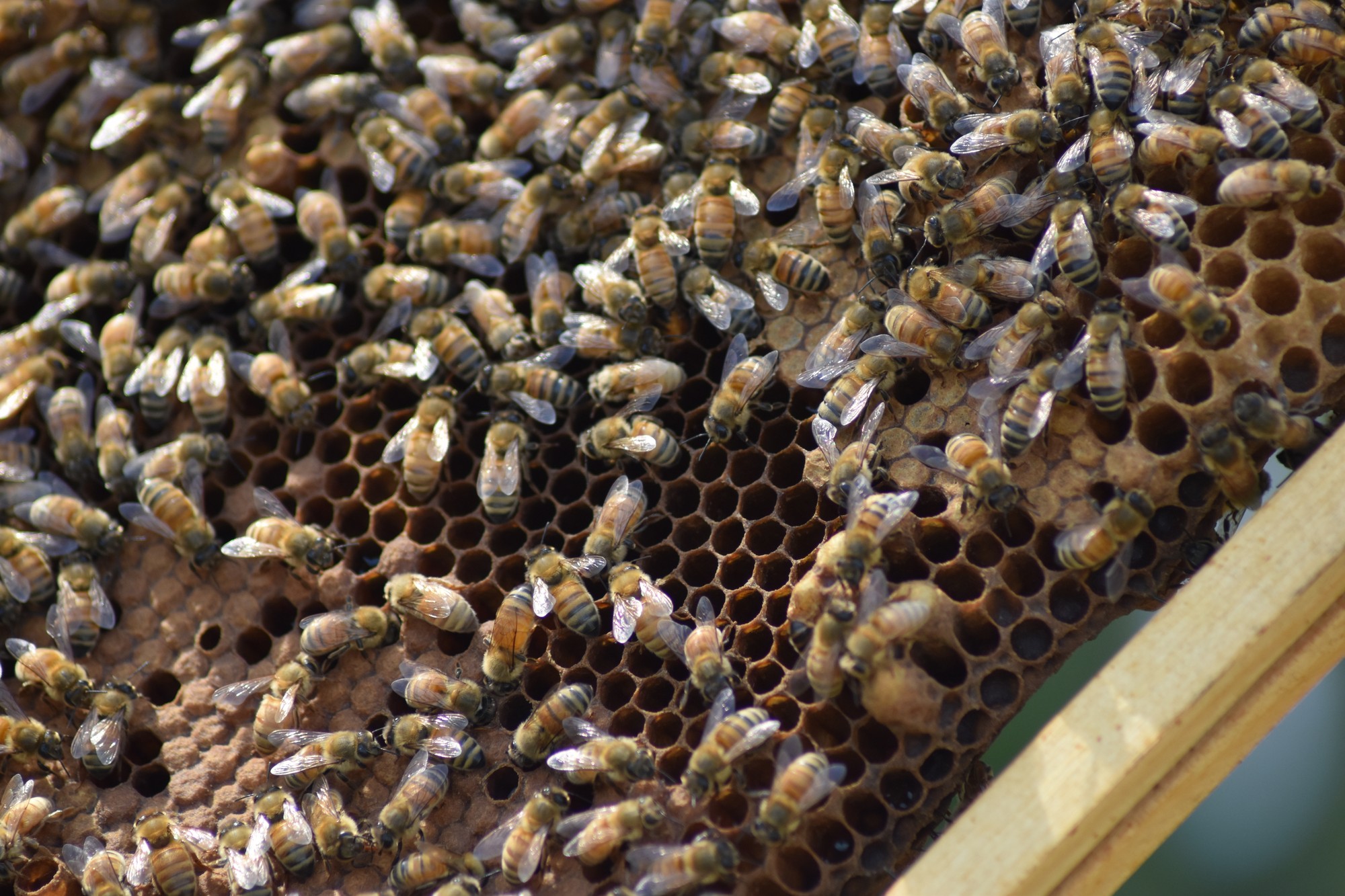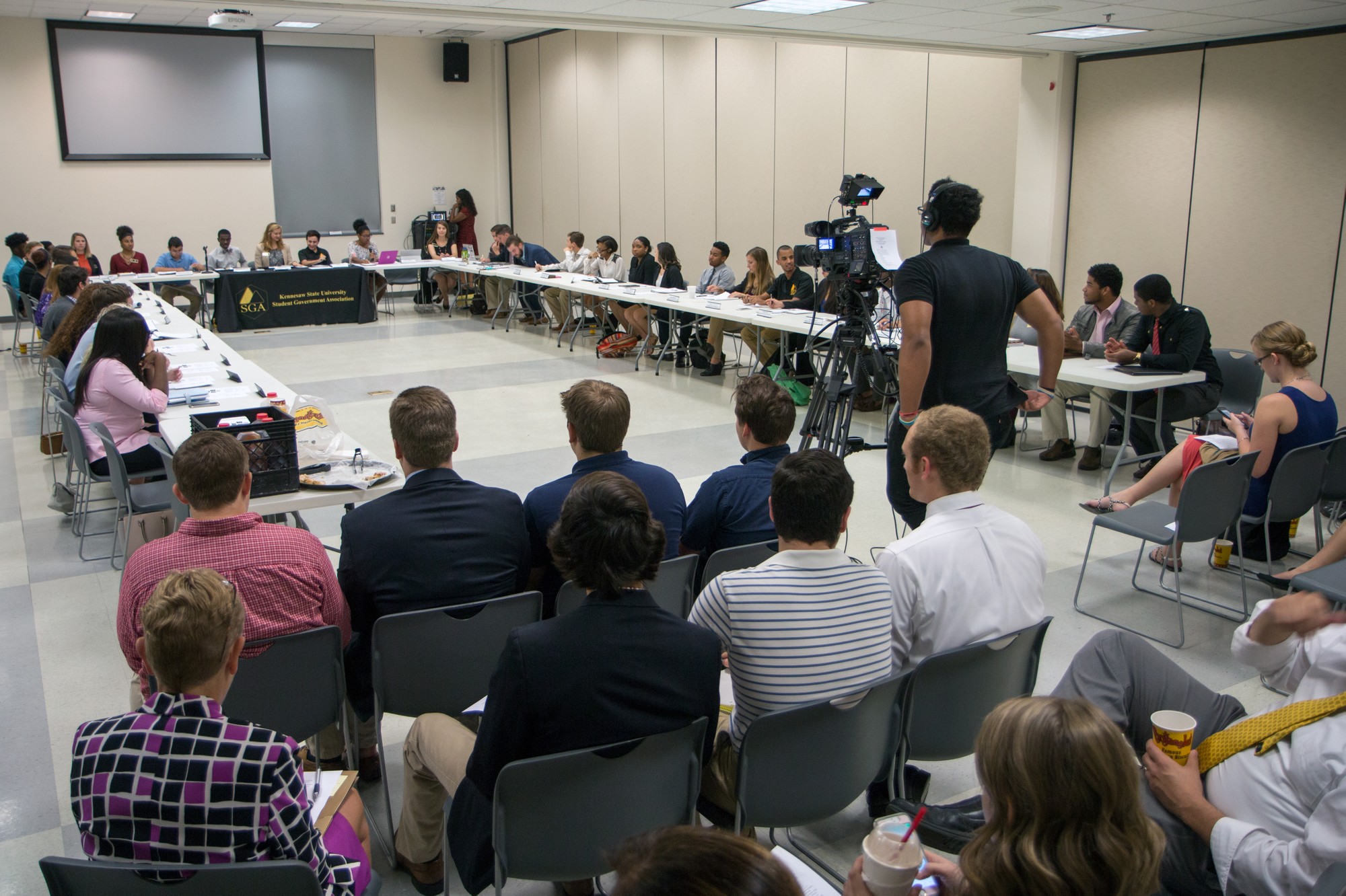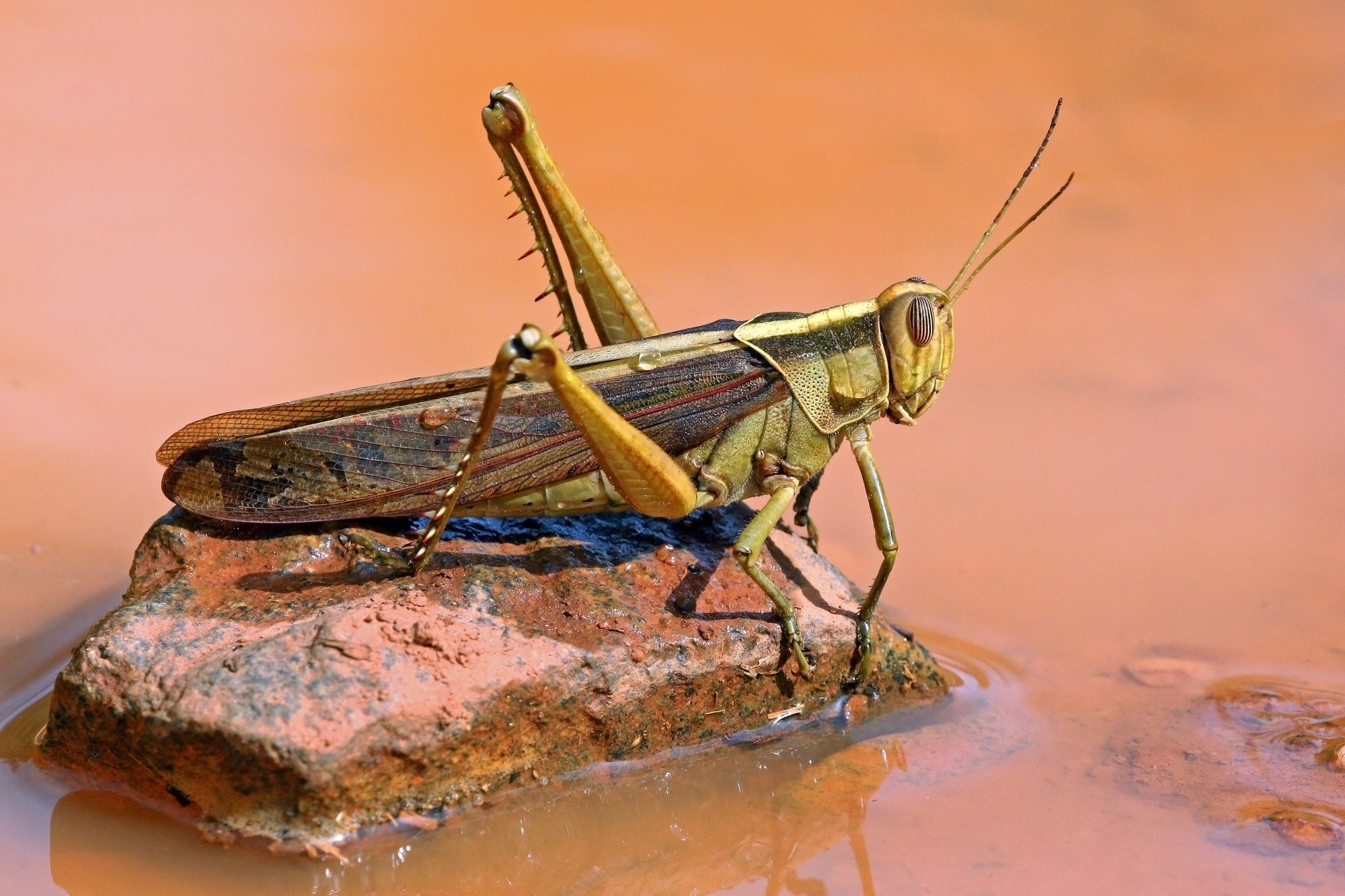The Siegel Institute for Leadership, Ethics and Character recently received a grant supporting its collaborative efforts with KSU’s produce farm to help raise Georgia’s bee population.
The grant will allow KSU’s Hickory Grove Farm to add Mason bees and Leafcutter bees to its current livestock. The grant will also allow for the construction of a new apiary — a small structure where beehives are housed — to go along with its 15 existing apiaries.
According to Linda M. Johnston, director of the Siegel Institute, the new bees are more efficient pollinators than the honeybee, which would mean a significantly greater number of pollinated flowers in the area.
The bee population has suffered a nationwide decline over the past several years due to parasites, pesticides and malnutrition. Annual losses have been significantly high since 2011, Johnston said, with U.S. beekeepers losing about 44 percent of their bees between 2015 and 2016.
Johnston explained that the declining bee population does not only affect beekeepers and those that directly depend on the work of bees but also businesses that are dependent on bees and their honey.
“Many businesses in Georgia are hurt by the loss of bees,” Johnston said. “Many crops depend on bee pollination. Estimates of the total economic value of honeybee pollination services range between $10 billion and $15 billion annually.”
The grant was provided by the Honeybee Conservancy, a nonprofit organization that specializes in bee conservation through outreach, education, research and habitat-building efforts.

The faculty and staff at the Siegel Institute have been preparing educational materials about the importance of bees in the environment to hand out to visitors at KSU’s farms. The material would also be available to teachers, scout troop leaders and others who want to study honeybees.
“One of the best ways to increase awareness about the many benefits of honeybees and solitary bees and to decrease the collapse of their populations is through outreach and education,” reads the Honeybee Conservancy’s website. “People have a natural curiosity about the world around them and a willingness to help solve problems when invited to do so.”
Students can learn more about bees through the School of Culinary Sustainability and Hospitality’s course on apiary studies and through classes at the University of Georgia’s Young Harris College Beekeeping Institute. Registration for the beekeeping institute is May 10-13.



